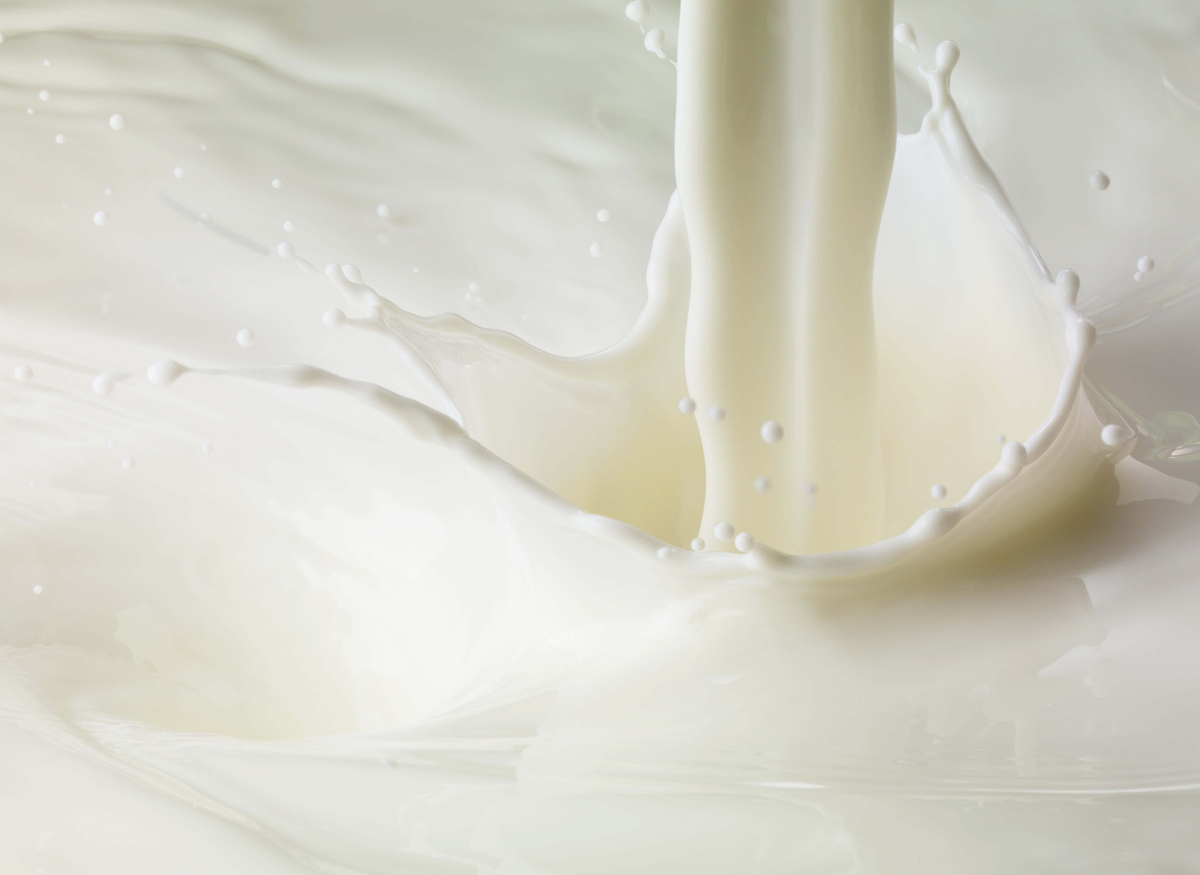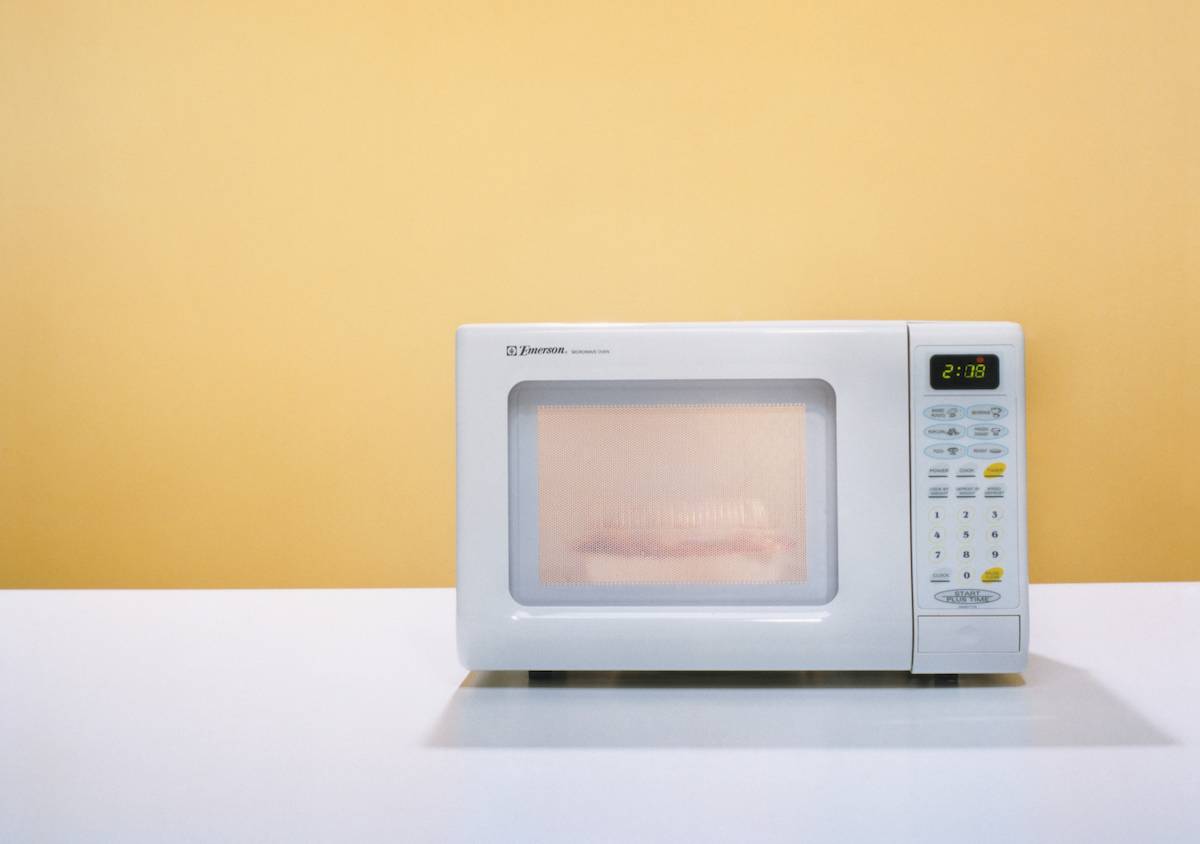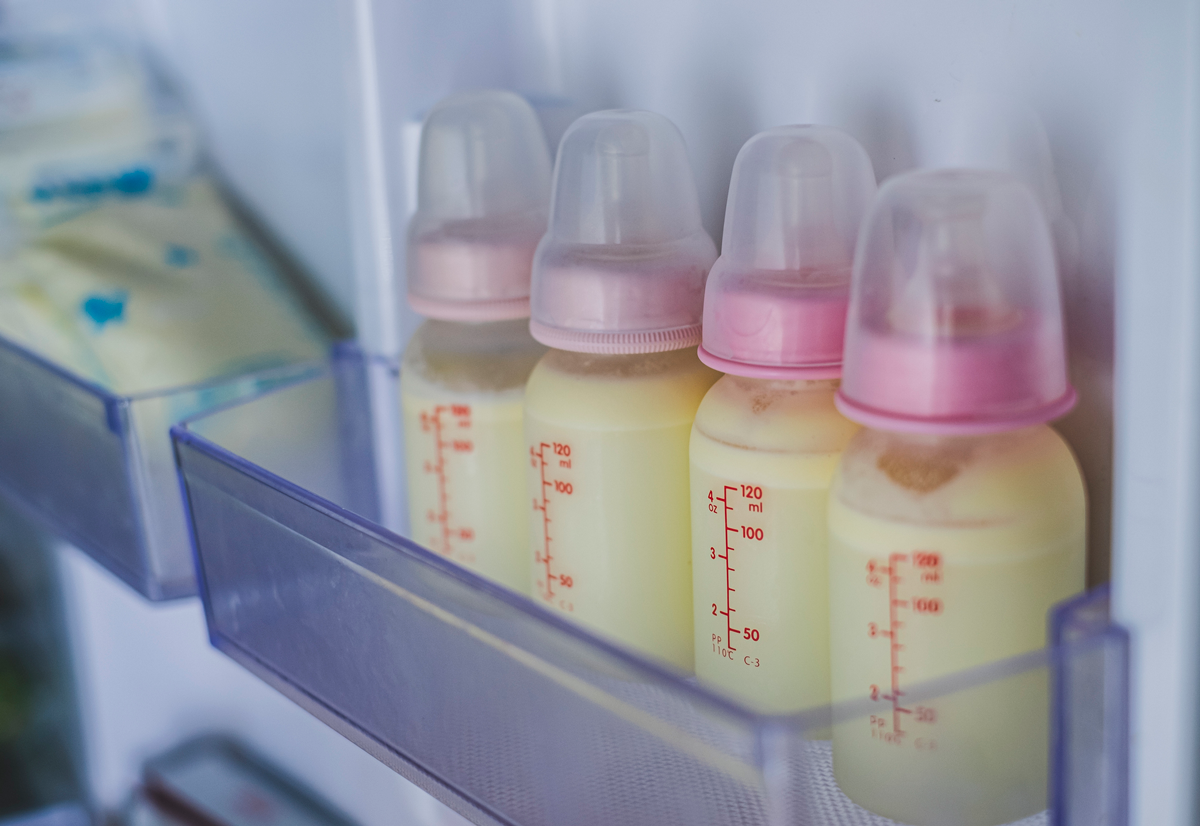I’m a first-time mom to a healthy five-week-old. I’ve learned that I have high-lipase milk — the milk develops a soapy taste after about a day in the fridge or a few weeks in the freezer. I know this happens to a lot of women, and there are plenty of tips online for ways to mitigate the taste (luckily our baby doesn’t mind it, for now). What I haven’t been able to find is reliable information on what causes high lipase activity in human milk, and whether the lipase activity changes over time or between pregnancies. Also, is it as safe as all of the (non-scientific) sources say it is? Will it have any effects on the baby besides the taste?
—A former scientist
You will be shocked — shocked — to learn that there is not a significant amount of research on this. That’s right! The fact that some people make breast milk that tastes bad after a few hours of storage, which really affects their breastfeeding journey, is … not of much research interest. I know, I was also just absolutely floored.
The good news, I suppose, is that based on biology, we do know a fair amount about your questions.
Lipase is an enzyme in breast milk that breaks down fats. If you have a higher concentration of it in your milk, it breaks down the fat faster and can cause the milk to smell and taste different when stored. Not every baby dislikes the taste, but many do. Exactly how this works varies across people. For some, the change in taste occurs within hours. For others, it’s days (this depends on the level of lipase).
The key tell is, as you note, a soapy taste developing after storage. The changes will happen more slowly in the freezer, so if you get a few hours in the fridge, you might get a few days in the freezer. But long-term storage in either location will lead to these effects. The milk is fine to drink. The fats will be broken down anyway, so the faster breakdown doesn’t impact anything. It’s just the taste that is a problem for some babies.
What is poorly understood is your second set of questions: Why does this happen? Who does it happen to? We do not really know! It’s an internal process, so there is no reason to think changing your diet would impact the taste, and it seems likely it will occur with all pregnancies. But if there is anything that predicts this or anything you can do about it, we do not know.
What to do? In your case, just hope that your baby continues to like the milk. If you are someone with this issue whose baby objects to the milk, there are a couple of options for storage. One is to scald the milk: heat it to 180 degrees (that’s almost boiling) and cool it back down before storing. This will deactivate the lipase activity but doesn’t affect the milk nutrients. It’s more work, but it can fix the problem.
The more radical solution is freeze-drying your milk, a process that can preserve it in time to prevent the lipase taste from developing.
Community Guidelines
















Log in
[…] 6. What Causes High-Lipase Breast Milk?; pdstaging24.wpenginepowered.com; https://pdstaging24.wpenginepowered.com/high-lipase-breast-milk/ […]